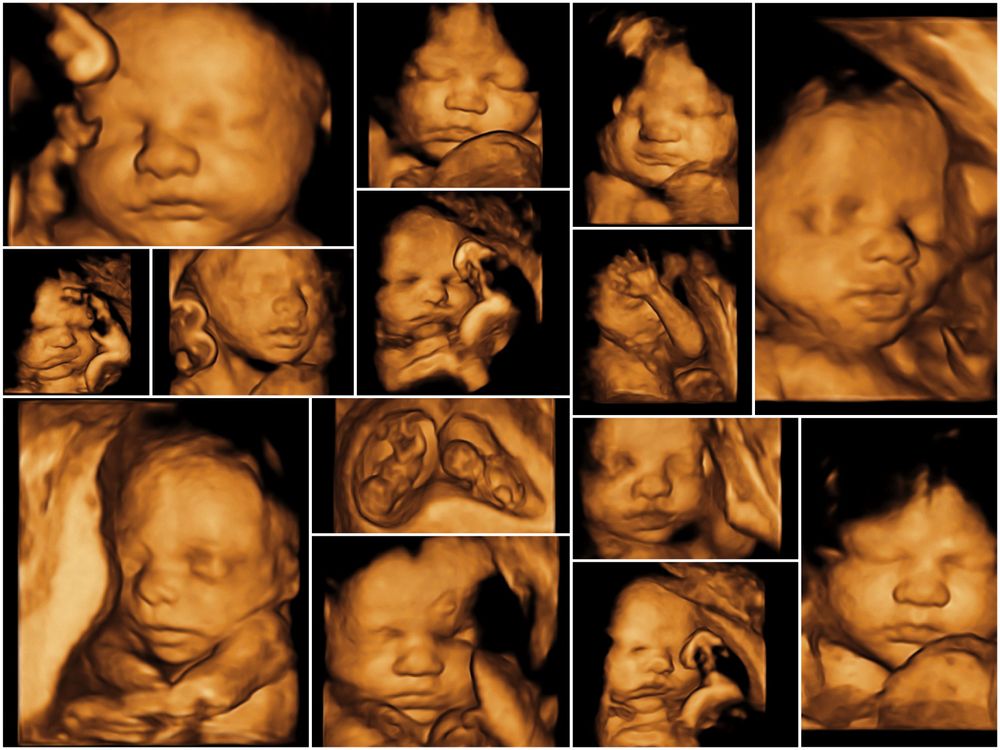Experiencing a miscarriage can be a deeply emotional and challenging event for anyone expecting a child. According to the American Pregnancy Association, about 10-20% of known pregnancies end in miscarriage, with most occurring within the first trimester. The first eight weeks of pregnancy are particularly crucial, as this period witnesses significant embryonic development. Understanding the potential causes of miscarriage during this timeframe can help expectant individuals and their families navigate their pregnancy journeys with greater awareness and caution.
What are the main things that can cause a miscarriage in the first 8 weeks?
Several factors contribute to the risk of miscarriage in early pregnancy. The primary causes include chromosomal abnormalities, hormonal imbalances, lifestyle factors, and underlying medical conditions. It is essential to acknowledge that while some factors are within an individual’s control, others are not.
Common Causes of Miscarriage in Early Pregnancy
Research indicates that many early miscarriages result from chromosomal abnormalities. Chromosomes contain genetic material, and errors in this material can prevent the embryo from developing normally. Below are some of the most common causes:
- Chromosomal Abnormalities
Chromosomal abnormalities occur during fertilization when either the sperm or egg carries an irregular number of chromosomes. The National Institutes of Health (NIH) reports that about 50-60% of all miscarriages arise from these genetic issues. Miscarriages due to chromosomal abnormalities are usually not indicative of future fertility issues. - Hormonal Imbalances
Hormonal factors, such as low progesterone levels, can impede a pregnancy’s viability. Progesterone plays a pivotal role in preparing the uterine lining for implantation and sustaining the pregnancy. Conditions like polycystic ovary syndrome (PCOS) can contribute to hormonal imbalances, increasing miscarriage risk. - Medical Conditions
Certain medical conditions can elevate the risk of miscarriage. These include:- Diabetes: Uncontrolled diabetes affects a woman’s overall health, potentially leading to miscarriage.
- Thyroid Disorders: Abnormal thyroid hormone levels can interfere with pregnancy maintenance.
- Autoimmune Disorders: Conditions like lupus or antiphospholipid syndrome can trigger miscarriages.
- Lifestyle Factors
Lifestyle choices significantly influence pregnancy health. Factors that can lead to miscarriage include:- Smoking: Maternal smoking has been linked to higher miscarriage rates, according to the Centers for Disease Control and Prevention (CDC).
- Alcohol Consumption: Studies show that consuming alcohol even before pregnancy confirmation can raise the risk.
- Obesity: Obese women have a higher likelihood of experiencing miscarriages, possibly due to related health complications.
- Infections
Certain infections can also pose risks during early pregnancy. The CDC highlights that infections such as listeriosis, toxoplasmosis, and certain sexually transmitted infections can lead to complications and miscarriages. - Age Factors
Age plays a crucial role in miscarriage risk. Women over 35 years old face higher chances of chromosomal abnormalities due to age-related declines in egg quality.
Below is a table summarizing the key causes of miscarriage in the first eight weeks:
| Cause | Description | Percentage of Cases |
|---|---|---|
| Chromosomal Abnormalities | Genetic issues from the sperm or egg that prevent normal development | 50-60% |
| Hormonal Imbalances | Low progesterone or other hormone issues | Varies |
| Medical Conditions | Health issues like diabetes or thyroid disorders | 5-10% |
| Lifestyle Factors | Smoking, alcohol use, obesity | 20-30% |
| Infections | Bacterial or viral infections that affect pregnancy | Less than 5% |
| Age | Older maternal age correlates with higher risk | Varies |
Recognizing the Signs of Miscarriage
Miscarriage symptoms can vary, but common signs include:
- Vaginal bleeding or spotting,
- Severe abdominal cramps,
- Sudden loss of pregnancy symptoms (e.g., breast tenderness, nausea).
It is critical for anyone experiencing these symptoms to contact a healthcare provider promptly for assessment. Early intervention can sometimes lead to positive outcomes.

Preventive Measures to Reduce Miscarriage Risks
While not all miscarriages can be prevented, adopting specific lifestyle changes may help minimize risks. Here are some actionable steps:
- Regular Prenatal Care
Engaging in regular check-ups with a healthcare provider ensures monitoring of health conditions and pregnancy progress. - Maintain a Healthy Lifestyle
Eating a balanced diet, exercising moderately, and avoiding harmful substances like tobacco and alcohol can significantly improve pregnancy outcomes. - Manage Medical Conditions
Work with healthcare professionals to manage existing medical conditions effectively. This may include controlling blood sugar levels for diabetes or ensuring adequate hormone levels for those with hormonal imbalances. - Stay Informed
Understanding personal and family medical histories can help assess genetic risks. Genetic counseling may be beneficial for individuals with a history of recurrent miscarriages. - Emotional Support
Experiencing a miscarriage can be emotionally taxing. Seeking support from partners, friends, or mental health professionals can aid in navigating the grief associated with miscarriage.
Conclusion
Navigating the early stages of pregnancy can present various challenges, particularly when it comes to understanding the factors that contribute to miscarriage risk. By staying informed and adopting proactive measures, expectant parents can create a supportive environment for their pregnancy. Collaboration with healthcare professionals, maintaining a healthy lifestyle, and recognizing early warning signs are crucial components of this journey. While many factors affecting miscarriage are beyond individual control, knowledge and preparation can empower parents during this sensitive period.


